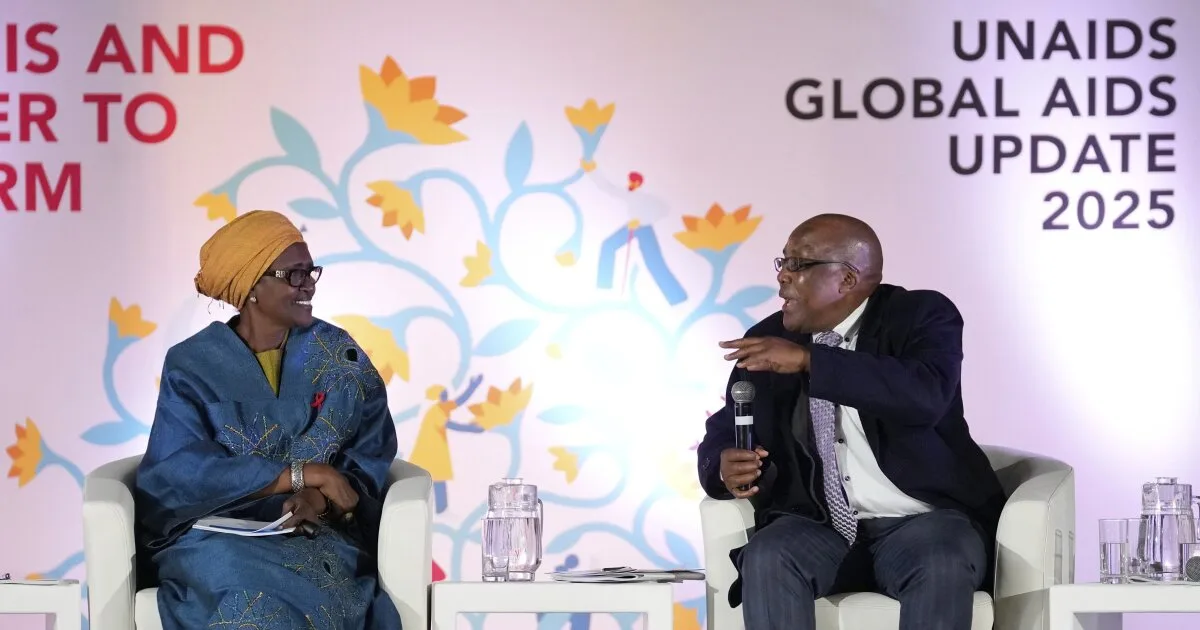Global HIV Response Faces Crisis After Funding Cut
A recent decision to cut nearly $4 billion in funding for the global HIV response has sparked serious concerns within the United Nations. Experts warn that this action could have devastating consequences, potentially leading to a significant increase in mortality rates among vulnerable populations.
Impact on Global HIV Programs
The substantial reduction in financial support threatens to cripple essential HIV programs worldwide. These programs rely on consistent funding to provide critical services, including:
- Prevention initiatives aimed at reducing new HIV infections.
- Testing and counseling services to identify individuals living with HIV.
- Antiretroviral treatment (ART) to manage the virus and improve the health of those infected.
- Support services for people living with HIV, such as access to healthcare, education, and social support.
Potential for Increased Mortality
Without adequate funding, many of these vital services will be curtailed or eliminated altogether. This could result in:
- A surge in new HIV infections due to reduced prevention efforts.
- Interrupted treatment for individuals already on ART, leading to drug resistance and disease progression.
- Increased AIDS-related illnesses and deaths.
- Overwhelmed healthcare systems struggling to cope with the growing burden of HIV.
Call for Reconsideration
The U.N. and other global health organizations are urging a swift reconsideration of the funding cut, emphasizing the critical importance of sustained financial support for the global HIV response. They argue that investing in HIV programs is not only a matter of public health but also a moral imperative.
Final Words
The withdrawal of such a significant amount of funding poses a grave threat to the progress made in the fight against HIV/AIDS. The potential consequences are far-reaching and could reverse years of hard-won gains, resulting in preventable suffering and loss of life. The global community must act to ensure that essential HIV programs receive the resources they need to continue their life-saving work.



+ There are no comments
Add yours